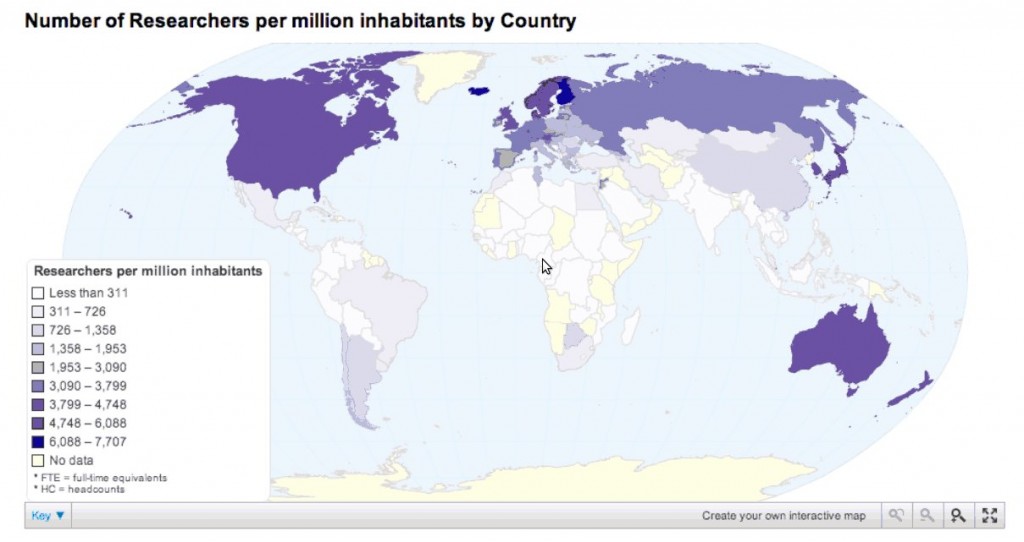Who we are
COHRED, the Council on Health Research for Development, is a global, non-profit organization whose goal is to maximize the potential of research and innovation to deliver sustainable solutions to the health and development problems of people living in low and middle-income countries.
All countries, no matter how poor, need research and innovation systems with which they can speed up progress towards a world in which health, equity and sustainable development are the norm … for everyone and everywhere. To achieve that, we deliver essential value to each of our vital constituencies – people living in low and middle income countries, our clients in public, private and non-profit sectors, our financial supporters and investors, to our partners and to COHRED staff, Associates and consultants around the globe.
Our vision is that all low and low-middle income countries will have smarter and better resourced national research and innovation system for health in place by 2025 – so they can conduct, partner, commission or use research to address their own health priorities – take the lead in their own health, equity, socio-economic development and become key contributors to improving global health.
COHRED offers solutions in three ways:
1. Technical Support – Expert analysis and support in research and innovation system analysis, priority setting, performance enhancement. We also provide guidance to institutions and governments on how to negotiate better, more Fair Research Contracts.
2. Practical Tools – RHInnO Ethics is a unique, cloud-based research ethics management system – that accelerates and increases the quality of ethics review of health research, potentially shaving 12 months or more of getting products to users. In addition, we offer a variety of free guides and frameworks for use by managers of research and innovation systems.
3. Global Action – Through our Global Forum on Research and Innovation for Health and our Colloquium Series, we provide a unique global platform to generate ideas, insights, inspiration and intelligence for our constituencies to help change their world and ours. During 2016, we will also launch COHRED’s Research Fairness Initiative, a reporting system for fair research partnerships in global health – ensuring that low and middle income country partners receive a fair share of all benefits.
The countries most affected by disease and poverty do the least research and get the least benefit of research and innovation
The distribution of researchers across the globe is skewed disproportionately towards wealthier countries. This lack of human resources for health research prevents low and middle income countries from contributing effectively to their own health, equity and development solutions and to those that are needed globally. As a result, the geographical distributions of health R&D investments, clinical trial research, and health research publications are heavily skewed towards high-income countries (The Lancet, 2013) and there is little correlation between the burden of disease attributable to a particular health condition or problem and the amount of clinical trial research being conducted on that health problem (World Health Bulletin, 2013). (http://www.uis.unesco.org/ScienceTechnology/Pages/default.aspx)
There are 33 ‘low income’ countries (per capita income of $1,035 or less), 46 ‘lower-middle income’ countries ($1,036 – 4.085) and 50 ‘upper-middle income’ countries ($4,086 – $12,615), per World Bank ranking in July 2013. (http://data.worldbank.org/news/new-country-classifications). Although accurate data on public and private spending in research and innovation for health is hard to get buy, the Global Forum for Health Research estimated that over 90% of the $130 billion spent on health research in 2009 was spent on diseases that cause only 10% of the world’s mortality.
This is the “10/90 Gap”.
COHRED 1 September 2013

